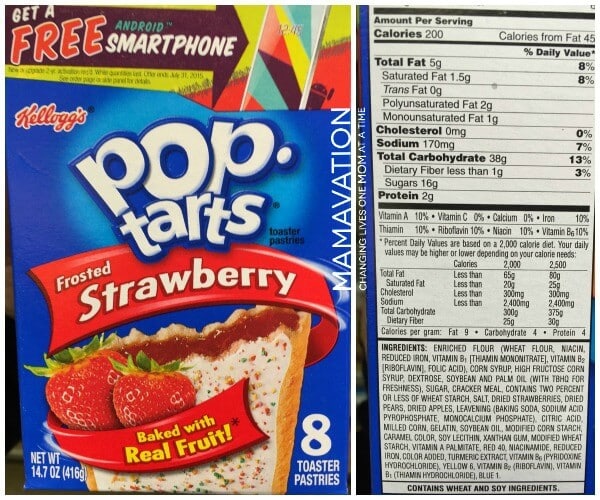FACTORY FOOD / FACTORY FARMING

Not everyone can drive an electric car, take public transportation, walk or bike to where they want to go, but all of us can affect the health of our planet with our diet. We’re now coming to terms with the huge and dire consequences of our meat and dairy diet on global warming and climate change. What we eat can be nourishing or harmful or neutral to our own health. Our diet has the same consequences for Earth. How is that?
Raising animals for food produces more greenhouse gas emissions than all the cars, planes and other forms of transportation combined. (Read below: "Are Cows the Cause of Global Warming?" A staggering reality. I’ve focused on factory farming and our meat and dairy-heavy diet these last two months. This month I want to look at another unhealthful aspect of our diet—processed food.
Most of our food is processed to some degree with the exception of fruits, veggies, legumes, whole grains, nuts and seeds. Many food products have a low level of processing, like natural fruit juices, bread, tomato sauce, natural jams. Pretty hard not to have some processed foods in our kitchens. But then there’s a level of processing that takes food and turns it into non-food. I’m talking about made-up food, factory food, junk food.
Take an Apple Pop Tart for example. If there was once nutritional value in the apple it is mostly destroyed in the process of making up the Pop Tart. The process wastes the nutrients taken from the soil. On top of that cost, processing, packaging and shipping contribute to air and water pollution. This sort of “food” is made up of assorted chemicals and additives in order to give it texture and flavor and shelf life. This factory food is handy and convenient. It tickles our taste buds which have been trained to crave salt, fat and sugar. The only beneficiary is the food company.
To buy or not to buy? Imagine you’ve gone to the store and on your list is a favorite—natural corn chips. The label says there are no unhealthy ingredients so as a product it gets good marks. You reach for the package and then realize you won’t be able to recycle this. It doesn’t fall into any acceptable category at the recycling center. Do you buy it or not? Now you have to consider every item on your grocery list not only in terms of health value to you, but the environmental cost as well. Damn!
This same scrutiny must apply as well to some of the new products aimed to give us alternatives to meat and dairy products. Beyond Burgers from Beyond Meat comes to mind. So now you’re at the refrigerator case next to the meat department and you feel righteous and excited that you can avoid a meal of beef by buying a Beyond Burger which has no beef in it at all. But wait! Check out the label. It’s not unlike the Pop Tart in that it contains all kinds of ingredients that have been concocted in a lab. (See the “Health Detective” in Resources). And then there’s the packaging conundrum again! Disappointment and dismay replace your enthusiasm.
What about the affect of our food on our spiritual life? I believe that the further away we eat from the original source of the food the less connected we feel to the Earth which has provided the food. What’s the spiritual value of an apple versus the Apple Pop Tart?
Our diet is shaped by our family, our culture and by advertisers. Advertisers working for big food companies really want us to eat their processed food. They are not unlike the tobacco industry which is not at all concerned with human health. They had to be regulated. Ditto for big agriculture and fast food and processed food companies.
We have to ask ourselves important questions:
What is the level of processing of the product I want to buy?
What are the ingredients and how many have been concocted in a lab? How many are ok?
What’s the overall value of the food? What are the hidden costs?
Who benefits from my purchase?
Where is it coming from, how is it grown and by whom?
Will this food purchase enhance or harm me and the Earth?
We can change how we eat. We can change guidelines and regulations so that our food is healthful to people and the planet. We can steer clear of meat and dairy by cutting back on the meat in our diet, eating lower on the food chain, and if we do eat meat then let it be meat from animals who have lived a high quality life. We can shape our diet the way we want in keeping with our values and visions for a healthy world. Starting now.
RESOURCES
The Health Detective. Is Beyond Meat Burger Good for You?
"Are Cows the Cause of Global Warming?"
Back to Blog